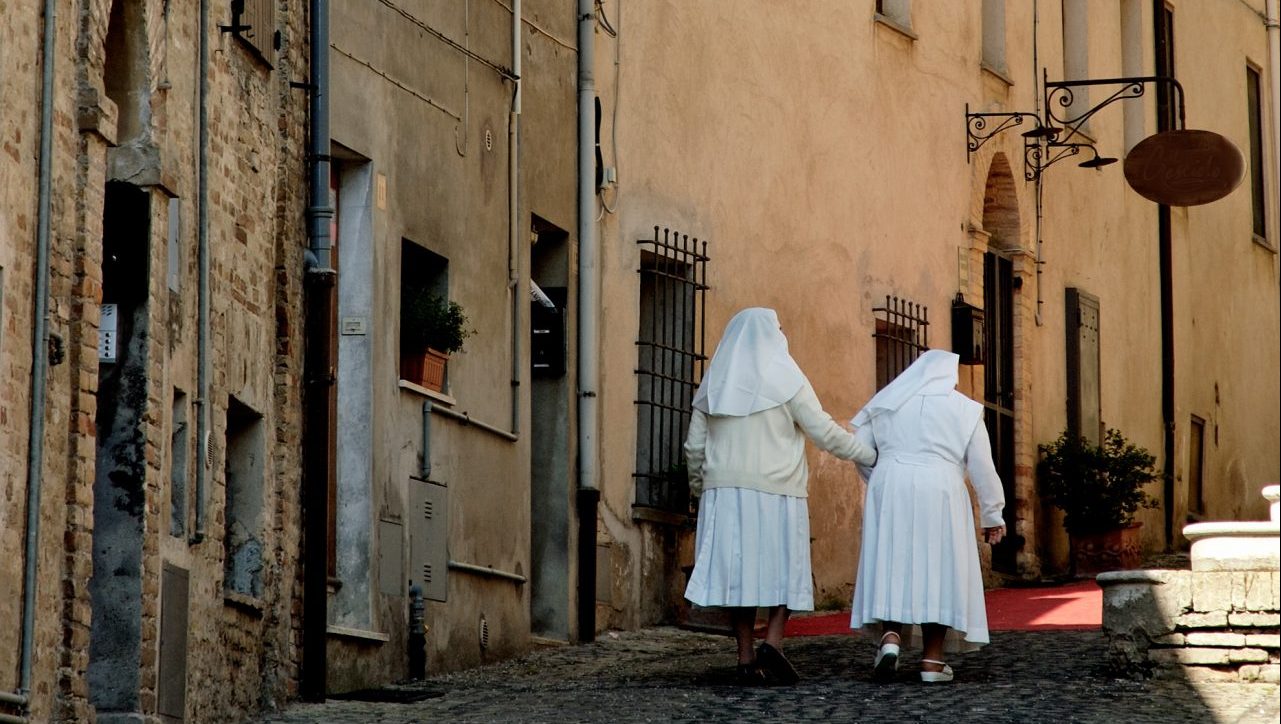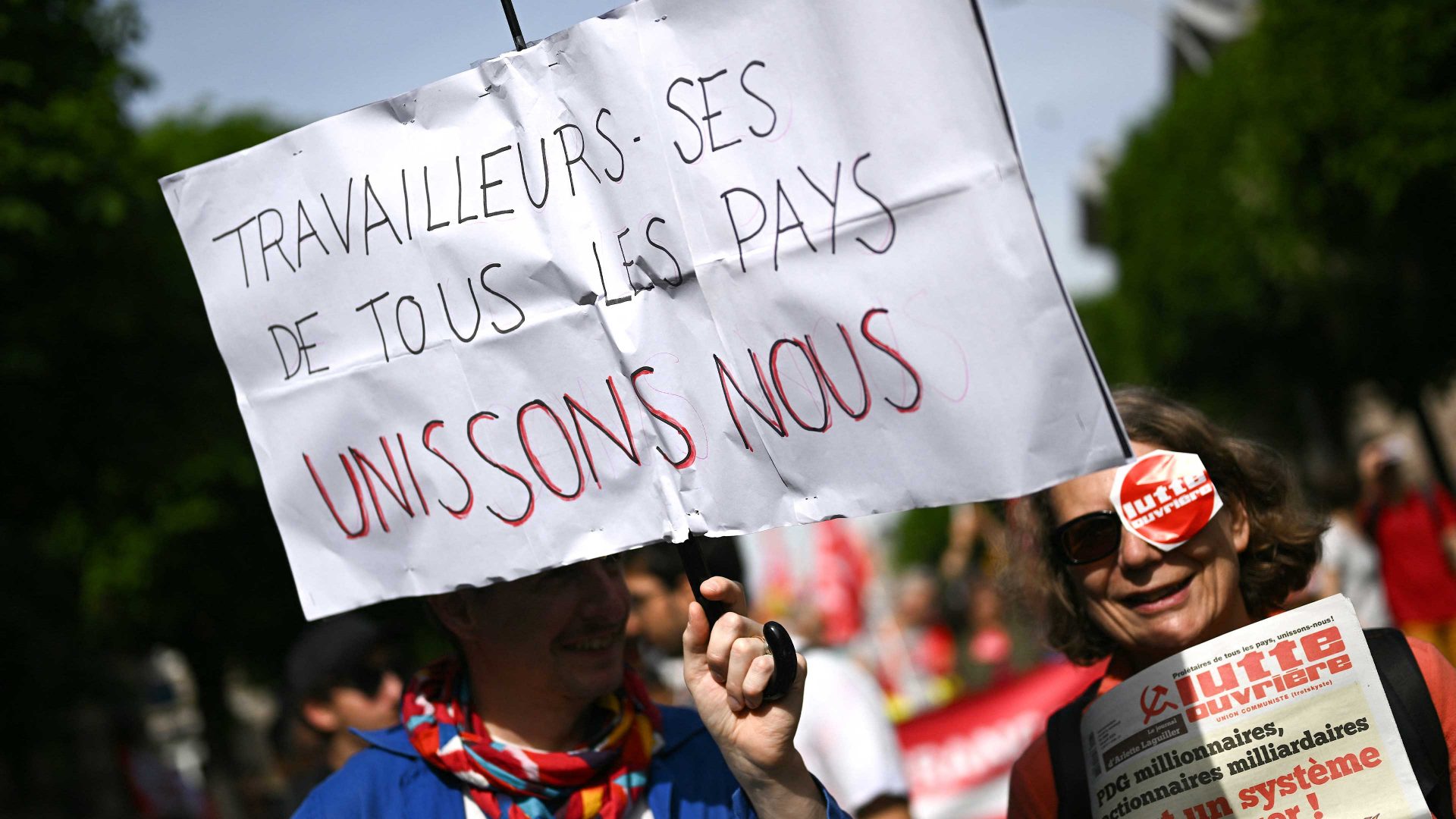I have a thing for Italy’s €1 homes, which are on sale in depopulated villages, deep in the countryside. I like them, no matter how crumbly they are, or how remote.
But foreigners snapping up cheap, old, abandoned houses in Italy need to be careful: they don’t always know what they are taking on.
People often buy these buildings online, site unseen. Only later do they discover that there’s no roof, or that it’s been used as a sheep pen since the 1950s.
In the village of Latronico, deep in the southern region of Basilicata, I came across an American named Joshua who had bought a dwelling only to find out, once there, that there were two old nuns still living inside.
When the Americano and the pious sisters met, they both freaked out.
Nuns have been living in Latronico since the 1920s and have always had a house given to them by either the parish or by benefactors.
Nuns and priests are embedded within every local community in Italy; it’s like going to the states and counting all the McDonald’s.
Joshua told me he had come to see the property with Latronico’s former deputy mayor, Vincenzo Castellano. But when they tried to open the door, it was locked from the inside – so they knocked. One of the sisters opened it. Her jaw dropped at the site of the two intruders, but she humbly let them in.
“I had no idea the place already had occupants. I was certain that I had bought it vacant, it was quite shocking, as something like this would never happen in the US,” he told me.
The nuns, it turned out, were tenants of the former owners. They knew the house was on sale, but they never thought anyone would actually buy it, least of all a foreigner.
The two nuns, Suor Olga and Suor Pudenziana, told me they felt at first “in distress at seeing a stranger” walking around their house, looking at the furniture, checking out the state of the rooms and the peeling paint.
Then they became very, very worried about their future lodgings, because they didn’t know what was going to happen. Once Castellano explained the situation, they calmed down, and a couple of hours later the local parish found them a new building nearby where they could live, in a spot close to the historic centre.
Despite all the drama, discomfort and embarrassment, the fact that the poor sisters were essentially thrown out of their home – and even though the new buyer is still pretty shocked by it all – things eventually turned out well.
The two nuns tell me they are actually happier now. Compared with their previous home, it’s larger, more central and closer both to the parish and to the local kindergarten they run.
Castellano told me that the two nuns have become the focus of huge amounts of goodwill.
“Everyone worries about them, stopping me in the alleys to ask ‘how are they? Do they need anything?’ We never kicked them out in the first place, and I helped them find a new house.” Castellano is now known as the “nun-saviour” by local people.
Italian villages are dotted with abandoned homes, and in some cases the owners have forgotten they own them. It’s a matter not just of shoddy bureaucracy, but of the slower pace at which things move and evolve in these small Italian villages – even when it comes down to crumbly homes that are worth less than the cost of a cappuccino.
Silvia Marchetti is a Roman journalist specialising in culture




